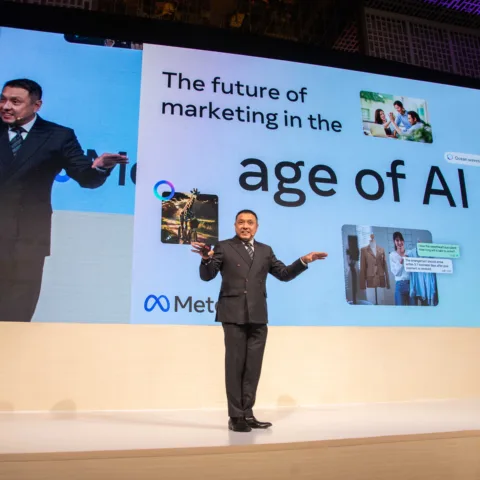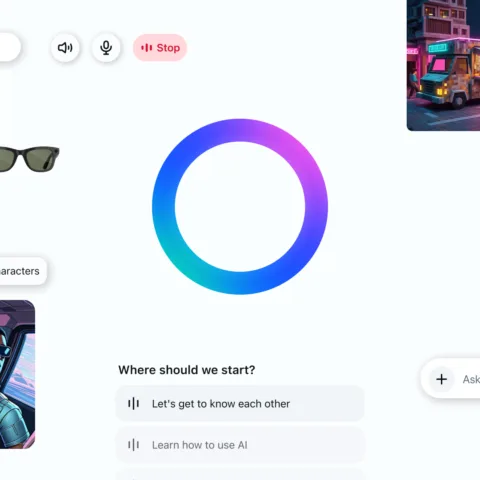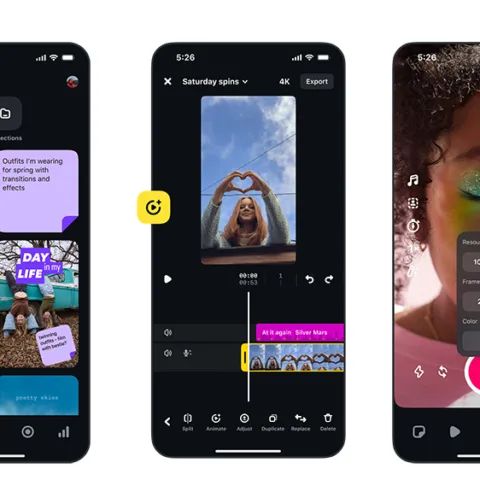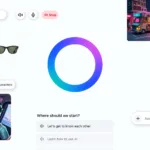 Last week Research In Motion announced the availability of its BlackBerry Messenger social platform software development kit for Java, not today as we erroneously reported shortly before this post, but we’ll address that issue separately. What this SDK means however, is not something that apparently many think it does.
Last week Research In Motion announced the availability of its BlackBerry Messenger social platform software development kit for Java, not today as we erroneously reported shortly before this post, but we’ll address that issue separately. What this SDK means however, is not something that apparently many think it does.
The release of the BBM social platform SDK means application developers can now tap in to the BBM environment to take advantage of the 30 or so million BlackBerry Messenger users around the world. RIM has been testing this for quite sometime actually but now it should be ready to roll. If you wanna skip the long explanation and get to the point, head straight down to the TL:DR (that’s Too Long, Didn’t Read) version.
What social platform does not mean
Let’s put this out of the way nice and early. RIM opening access to BBM to application developers absolutely does not mean that the BBM is coming to platforms outside of the BlackBerry.
Those of you expecting to use BBM on iPhones and Android phones can keep on fantasizing because opening up BBM to other platforms would be akin to RIM stabbing itself in the heart while jumping off a cliff. Well, probably not that dramatic but it pretty much means killing the company as we know it.
With Apple about to release iMessage for iOS and perhaps even OS X, and Google releasing Huddle with Google+, the market for BBM as a compelling messaging platform is diminishing, not to mention the emergence of WhatsApp as a cross-platform messaging device.
Unless RIM wants to kill off its handset division, it’s not going to fall back on promoting BIS or BES as an alternative to Microsoft Exchange on other devices. People on other mobile platforms are already paying for standard data services, the chances of them willing to pay for BIS on top of their monthly data plan is zero, or very close to it. BES on the other hand could still work although Fortune 500 companies are already allowing non-BlackBerry devices into the fold.
What social platform means
Until recently, the BlackBerry Messenger is social in the sense that people use it to chat with each other but not to actively promote other applications and services. Despite having tens of millions of people as its user base, there was no way for developers to connect the users of their apps with each other unless they develop their own social platform.
Facebook for example understood this long before RIM did and encourages its members to share everything they do on Facebook with their friends by posting their activities and achievements on their walls. Members could be playing a particular game or send a particular item and everyone would know about it, thereby increasing exposure to those who may not have heard of such game or item.
Surely most Facebook members have by now heard about Mafia Wars or Farmville. If not for the sharing ability built into Facebook, the popularity of games such as these would not be as astronomical as they are now and the creator, Zynga, would not be worth potentially $20 billion on the open market.
To a lesser but still significant extent, Twitter’s API also allowed companies such as Foursquare and Instagram to become significant companies. Many web-based companies now hook their services into Twitter’s environment and use it as leverage to help promote themselves as users share their activities on those sites and services on Twitter.
The release of this social platform SDK is aimed at making the BBM as social as services like Facebook and Twitter where users connect third party applications and services and tell their friends about what they’re doing.
The TL;DR version
Put it simply, you’re probably used to seeing “Send to Facebook” or “Send to Twitter” on games, apps, and services, from now on, you’re probably going to see “Send to BBM”.










